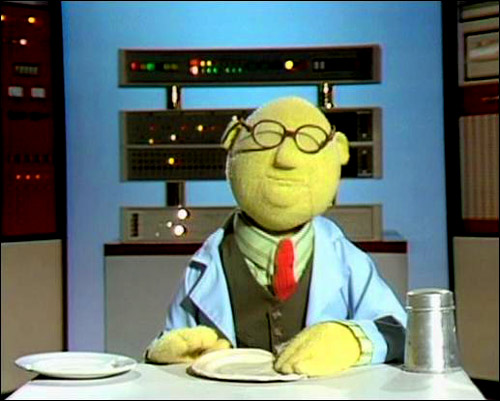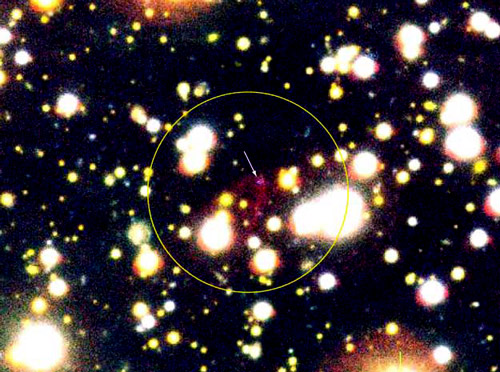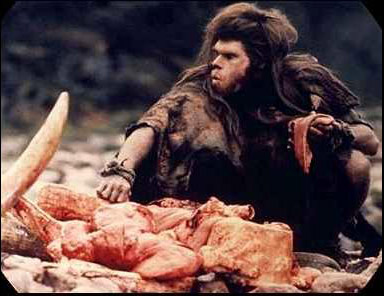… the scientific method …

Maybe you learned about it in high school … I don’t know. It’s the way in which most advances in sciences, technology and commercial products are made and I just wanted to go on record and say that I think that it’s missing something.
It goes something like this:
1) Pose a question
2) Compose a hypothesis
3) Experiment and collect data
4) Analyze data
5) Publish your results
This method has been used in some form or another for hundreds and hundreds of years. The progress of human knowledge has has proceeded on and on and now there are countless specialized fields of study. The many branches of science spread out growing new tendrils every day.
This fits with the goal or purpose of the scientific method; to break down observable phenomena into its constituent pieces. The pieces get smaller and smaller until all the ingredients are distilled into primary components.

The problem is … we keep finding small and smaller pieces that make up the universe, and the laws that bind them together become increasingly strange. Our understanding of the universe becomes increasing complex in order to explain the ultimate simplicity – a Grand Unified Theory.
Our knowledge is becoming more compartmentalized, instead of melding together. The scientific method does not allow for creative leaps of intuition or flashes of insight. Instead, it depends upon a rigorously plotted course of action based on experimentally proven data aimed towards a foreseeable end.

Avenues of science come into being, grow, and are sometimes discarded if they don’t fit into the current structure of belief. But so much of science depends upon the ability of the individual to conceptualize something outside the scope of what is believed to be true. I don’t want to venture too much further down the philosophical path … but let me just say this:
Today, scientists are taught the fundamentals of known physics and mathematics, how to follow proper experimental procedure, and how to formalize research findings … ect.. No one teaches you the importance of being creative, how to form conjecture, or how to pursue the unknown in an unorthodox or personal manner.

Maybe you can’t teach these things. Maybe you’re born with that certain “spark of genius”. But I have a feeling that’s what the one group of cavemen was thinking about the other group of cavemen that learned to make fire:
“Wow Thack, that’s great! I would have never thought of that!”